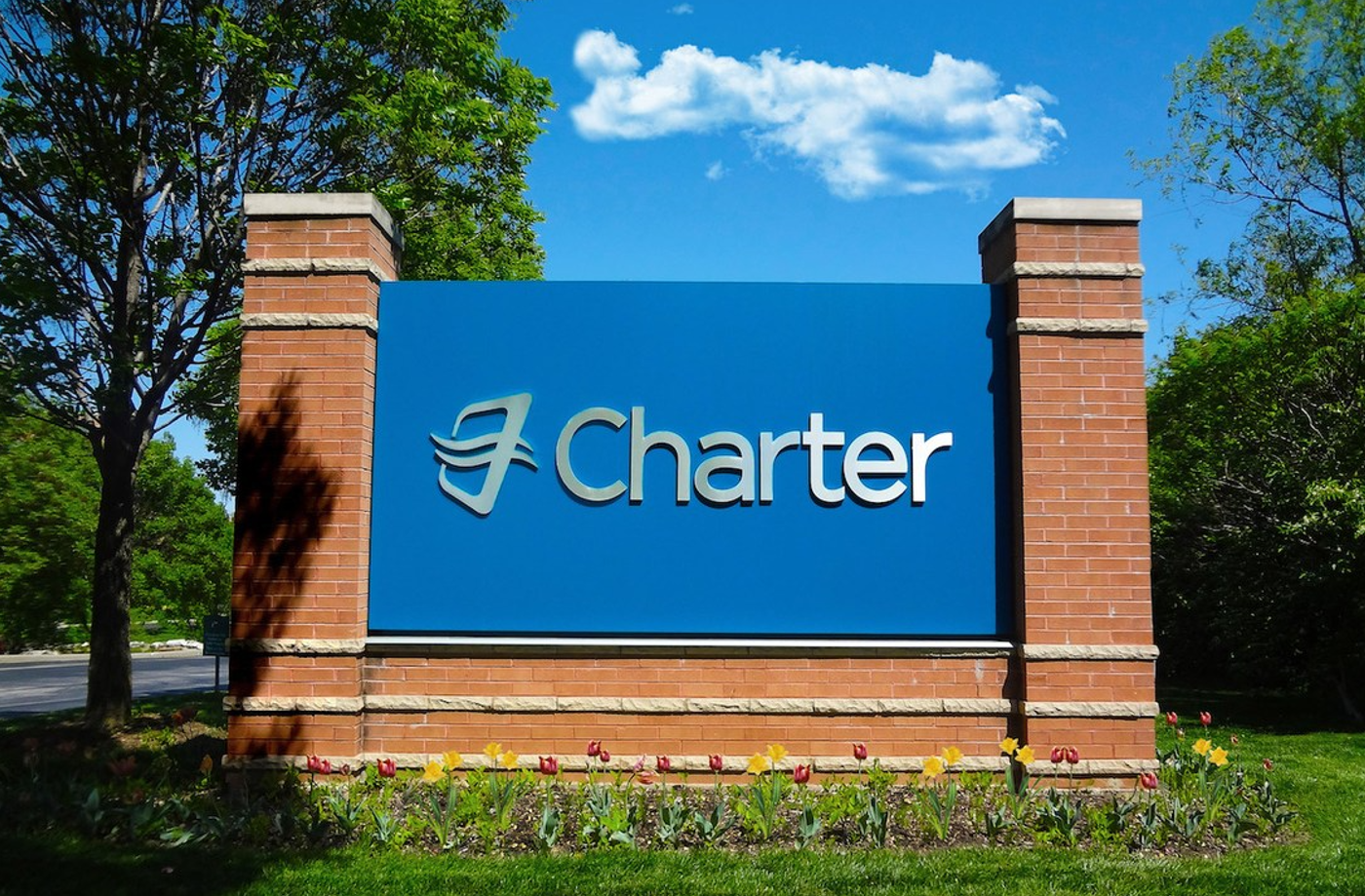Charter and Cox Announce $34.5 Billion Merger as Cable Industry Fights to Survive in Streaming Age

New York (WE) — Two of the biggest cable providers in the United States have agreed to merge. Charter Communications, known to consumers as Spectrum, is acquiring Cox Communications in a deal worth $34.5 billion, including debt.
The merger comes as more Americans cut the cord on traditional TV. Cheaper and more flexible streaming options are drawing millions away from cable. To stay relevant, providers like Charter and Cox must adapt or risk being left behind.
“This combination will augment our ability to innovate and provide high-quality, competitively priced products,” said Chris Winfrey, CEO of Charter. “We’ll deliver outstanding customer service to millions of homes and businesses.”
The merged company will keep the Cox Communications name. However, Spectrum will remain the main brand seen by consumers. Headquarters will stay at Charter’s offices in Stamford, Connecticut. Cox’s Atlanta campus will continue as a major operations hub.
Charter stock jumped over 6% after the news. The company’s value has climbed 22% this year, largely due to its growing mobile business. Analysts say the merger will increase efficiency and help both companies stay competitive.
Cox Enterprises, the parent company of Cox Communications, remains family-owned. It operates across broadband, automotive, and media sectors. Though Charter leads this deal, Cox’s influence remains strong thanks to its long history and loyal customer base.
The deal gives both companies more leverage against AT&T and T-Mobile. These wireless carriers bundle home internet with mobile plans, which has attracted many former cable customers.
Like others in the industry, Charter and Cox are losing pay-TV subscribers. Services like Netflix, Disney+, and YouTube TV offer more control and cost less. Households now prefer tailored streaming to expensive channel bundles.
The merger is not just a response to this trend—it’s a survival move. It lets the companies share infrastructure, unify customer support, and coordinate tech upgrades. Analysts believe this will help deliver faster internet and better bundles.
The deal still requires federal approval. It could test Donald Trump’s approach to corporate mergers. His previous administration opposed some deals, including AT&T’s takeover of Time Warner.
Regulatory review may take months. Officials at the DOJ and FCC will assess whether the merger limits competition or harms consumers in key regions.
If approved, the merger will create a broadband powerhouse. Spectrum already serves over 32 million customers in 41 states. Cox adds millions more, especially in Arizona, Nevada, and the South.
Executives say the merger is more than a market grab. Charter brings scale and capital. Cox offers regional expertise and strong customer loyalty. Together, they hope to better serve a shifting marketplace.
Both firms say they aim to preserve jobs and avoid immediate layoffs. Still, experts expect some overlap in departments like billing, customer service, and logistics. These functions may merge over time to cut costs.
Cable’s future is uncertain. Streaming dominates, and customers want low-cost, high-speed services. Traditional TV models are fading. Providers must evolve to meet new demands shaped by tech-savvy consumers.
Broadband remains a bright spot. Charter and Cox are expanding networks, especially in rural and suburban areas. During the pandemic, broadband proved essential for work, school, and daily life. This spurred private and government investment.
The combined company will likely push new technologies like DOCSIS 4.0 and fiber-to-the-home. They also plan to enhance mobile and 5G offerings, blending cable with wireless.
Charter’s strong mobile performance gives it momentum. It offers competitive prices and reliable service. With Cox, it can reach more users while cutting costs through shared infrastructure.
Cox brings high customer satisfaction, especially in the South and West. Its innovations—like smart home tools and advanced Wi-Fi—help retain subscribers despite growing competition.
This deal reflects a larger trend in U.S. telecom. Companies are consolidating to fight off tech giants like Amazon, Apple, and Google. These firms now offer streaming, devices, and broadband solutions.
The Charter-Cox merger may inspire others. Small regional providers might explore alliances. National players could seek partners to diversify revenue and reduce risk.
Investors are hopeful but cautious. Big mergers often run into challenges like system integration and company culture clashes. The success of this deal depends on clear leadership and smooth execution.
Leadership plans remain unclear. Insiders expect Chris Winfrey to stay as CEO. Cox leaders may take top roles in customer operations and strategy.
The big question now: Will regulators approve the deal? If they do, and if integration goes smoothly, the new Cox Communications could become a digital powerhouse. If not, the merger may become another failed bet in a changing market.
For now, customers won’t see major changes. Services from Spectrum and Cox will continue as usual. Any improvements—like better speeds or new bundles—will roll out over time.
Ultimately, this merger aims to meet the evolving needs of American households. Those needs are defined by mobility, streaming, speed, and value—and the market waits to see if this new giant can deliver.















